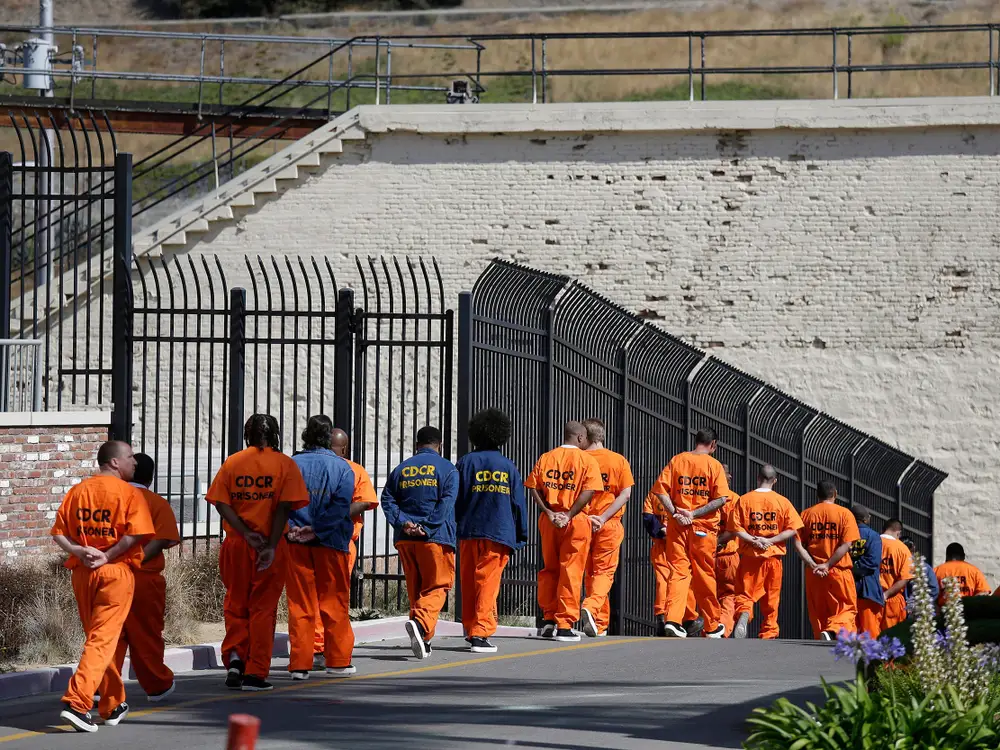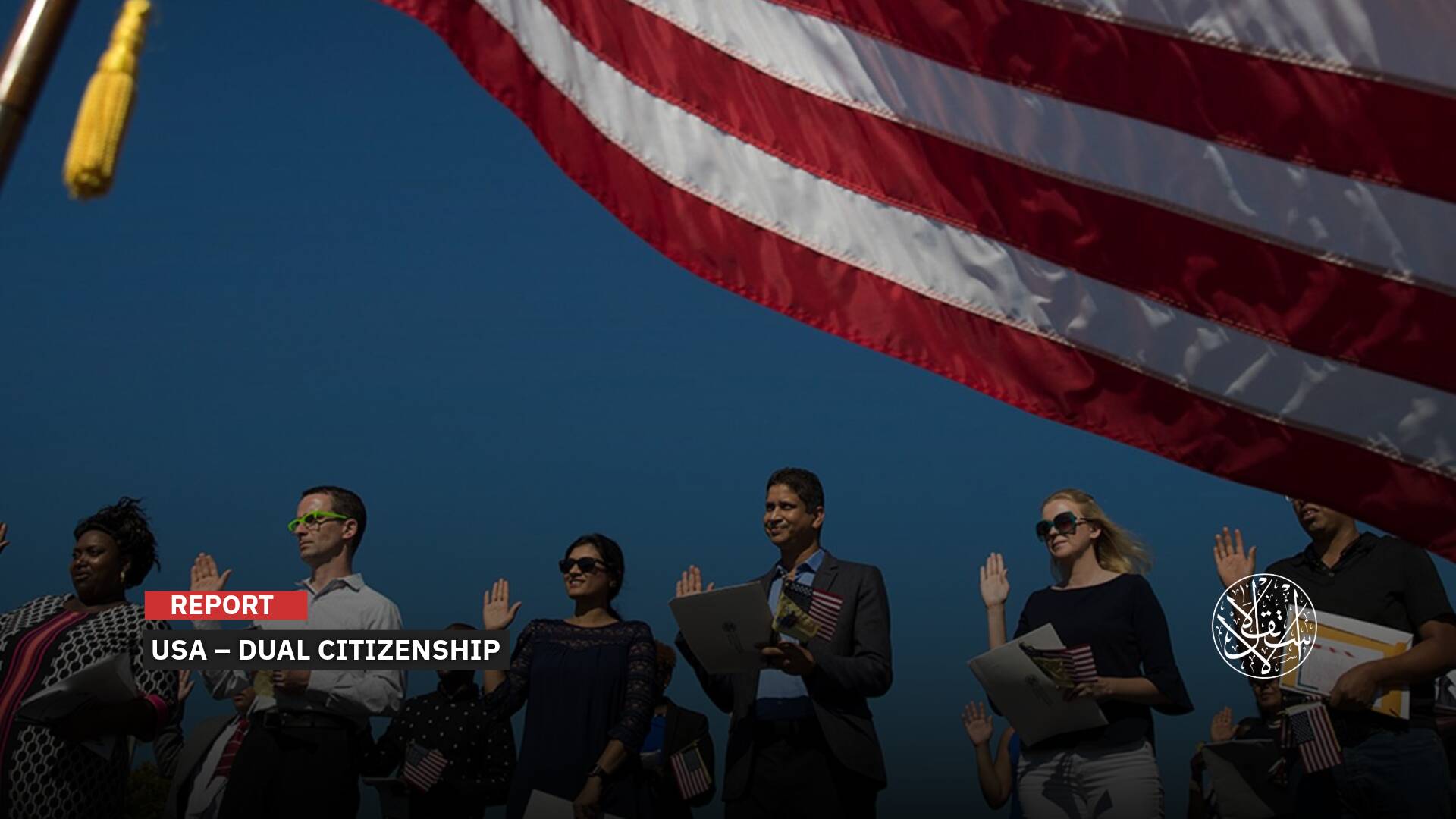This Is How Private Prisons in America Have Become a Tool for Profit, Not Justice

Many industries have become notorious for the millions they spend to influence legislation and get friendly candidates into office, like Big Oil, and Big Pharma, along with gun lobby.
However, there is one that has managed to quickly build influence: Private prisons. GEO and Corrections Corporation of America and their associates, the two largest for-profit prison companies in the United States, have spent hundreds of millions of dollars on lobbying efforts and funneled candidates since 1989.
It does have a sense for commercial goods to be one of the means of making profits, it is a trade after all, but for human bodies and their freedoms to be transformed into commodities to be bought and sold, this is what can only be understood as slavery.
Slavery is over, but profit from body commodification persists in an entire system of privately-run prisons in the US that hold mostly immigrants and dark-skinned people, in a well-organized process between private corporations and the government that has ultimately led to legal and ethical abuses and scandals affecting the judicial system, which at times turned into a tool for profit rather than justice.

Private Sector Prisons
On January 26, 2021, US President Joe Biden signed a decree to end the Department of Justice's contracts with privately run prisons as part of racial equality and the elimination of organized ethnicity.
However, the problem does not seem to be solved, because the large numbers of these prisons, and the large profits that made the private prison lobby one of the most influential pressure groups, will prevent the US from reaching full equality, especially with the possibility of the return of Republicans to power in the upcoming elections.
According to the Institute for Justice Policy report, private corporate prisons house nearly half of the country's incarcerated immigrants, compared to about 25% a decade ago. In total, there are now about 130 private prisons in the country with about 157,000 beds.
While the United States represents only 5% of the world's population, it holds a quarter of its prisoners. There are approximately 2.3 million people in American prisons, at a rate of 655 inmates for every 100,000 people, and this led the United States to be "the leader" in prisons among Western countries.
The story began after US President Richard Milhous Nixon declared war on drugs in the eighties of the last century, as the number of people imprisoned for drug crimes in the United States increased from about 50,000 in 1980 to 452,964 in 2017. Today, the number of people imprisoned for drug-related crimes in the United States is more than the number of people that were behind bars for any crime in 1980.

Racism played another role, says Dr. Marc Howard, the professor of government and law and the founding director of the Prisons and Justice Initiative at Georgetown University:" We are all aware that a disproportionate number of Black Americans are incarcerated in the US, but do you know to what degree? While one in 17 white men in the US will be imprisoned in their lifetime, one in three Black men will spend time behind bars."
He continued to say that "a major driving force behind this vast disparity is racial profiling by police. Black individuals are far more likely than whites to be pulled over by the police while driving. They also are more likely to be detained, handcuffed, and searched. So it's no surprise that studies show that Black people are arrested at a rate five times higher than white people."
Violations and Perversions of the Law
Despite evidence of repeated constitutional violations, the number of inmates in private prisons has rapidly risen since 2000. Prison directors always face persistent accusations of routine failure to protect prisoners from beatings and to provide medical healthcare. In Mississippi, authorities closed 4 private prisons in 2016 after a federal judge's order to paint a picture of "horror" that should not occur anywhere in the civilized world.
In related cases, the attorney general sued CoreCivic and Geo Group for blackmailing in connection with a corruption scandal that led to the conviction of Christopher B. Epps, the former commissioner of the Mississippi Department of Corrections and career employee in the state criminal justice system. In 2017, he was sentenced to nearly 20 years in prison after receiving nearly 1.4 million dollars from companies competing for government prison contracts.
In the same state, the court refused to settle a separate lawsuit filed on behalf of prisoners in an East Mississippi facility by the ACLU, in which the trial provided evidence of widespread violence and chronic neglect amid a shortage of guards and medical staff, even though 4 out of 5 inmates suffer from illnesses.

Dr. Marc Howard said, "the prison-industrial complex is an $85 billion a year business. At every stage, there are people making money off of a system that requires more and more people in prison and staying there. So it's very hard to undo that system when it has such strong vested interests."
More than 37 states have legalized the engagement of prison labor with private companies. At least 4,100 corporations had contracts with the prison-industrial complex, like Target, Motorola, Microsoft, AT&T, Dell, Intel, Nordstrom, Revlon, Macy's, and many more.
"Foodservice provides the equivalent of $4 billion of [prison] food annually. Private companies provide about half of the at least $12.3 billion spent on healthcare. Telephone companies, which can charge as much as $25 for a 15-minute call, rake in $1.3 billion," Insider reported.
Suspicious Relationship
Last June, a joint academic paper by researchers Michael Boecker of Columbia University and Christian Diebel of the University of California (Los Angeles), entitled Do Private Prisons Affect Criminal Sentencing?, showed that US private prisons do have an influence on judges, as they become more inclined to raise the terms of sentences depriving convicted people of their liberty, and even prison sentences against those involved in ordinary crimes that were previously dealt with by reasonable alternatives that reduce the costs incurred by the state in government prisons.
Between 2000 and 2016, safety concerns and the high costs of private prisons led eight states to end contracts with private prisons, but after Trump's rise, most of these states returned to the companies that own these prisons.
26,249 illegal immigrants have been imprisoned in the United States since 2017, according to a report by researchers Gary Gooch and Vinay Basti published in August 2018.
Their report came right after Donald Trump took office with a famous agenda of hostility towards immigrants from Latin America. During this period, the Trump administration contacted the companies that own the prisons in order to sign new contracts in preparation for the implementation of its electoral promises, according to the American Center for Progress report, Trump's Executive Order Rewards Private Prison Campaign Donors.

The former US President has repeatedly expressed his desire to privatize the prison sector, in what many considered a reward for the companies supporting his campaign to reach the presidency. Justice," published in August 2018, entitled "The Number of Private Prisons Inmates, a Rocket Rise."
The Equal Justice Initiative asserts that even small companies such as LCS Correctional Services and Emerald Corrections have made donations to Donald Trump's campaign and have contracts to build several prisons and detention centers across the United States.
According to Dr. Joseph Lee, the professor of law at Cornell University and a well-known civil rights lawyer who has defended some of the Guantanamo detainees, companies that run private prisons have a financial interest in the high rate of prisoners and the increase in prison sentences.
They rely on the lobbies to make criminal policy punitive in the first place because this is in their interest, and that is why they are found among the largest contributors to the political campaigns of the most hard-line candidates against immigration, he added.











